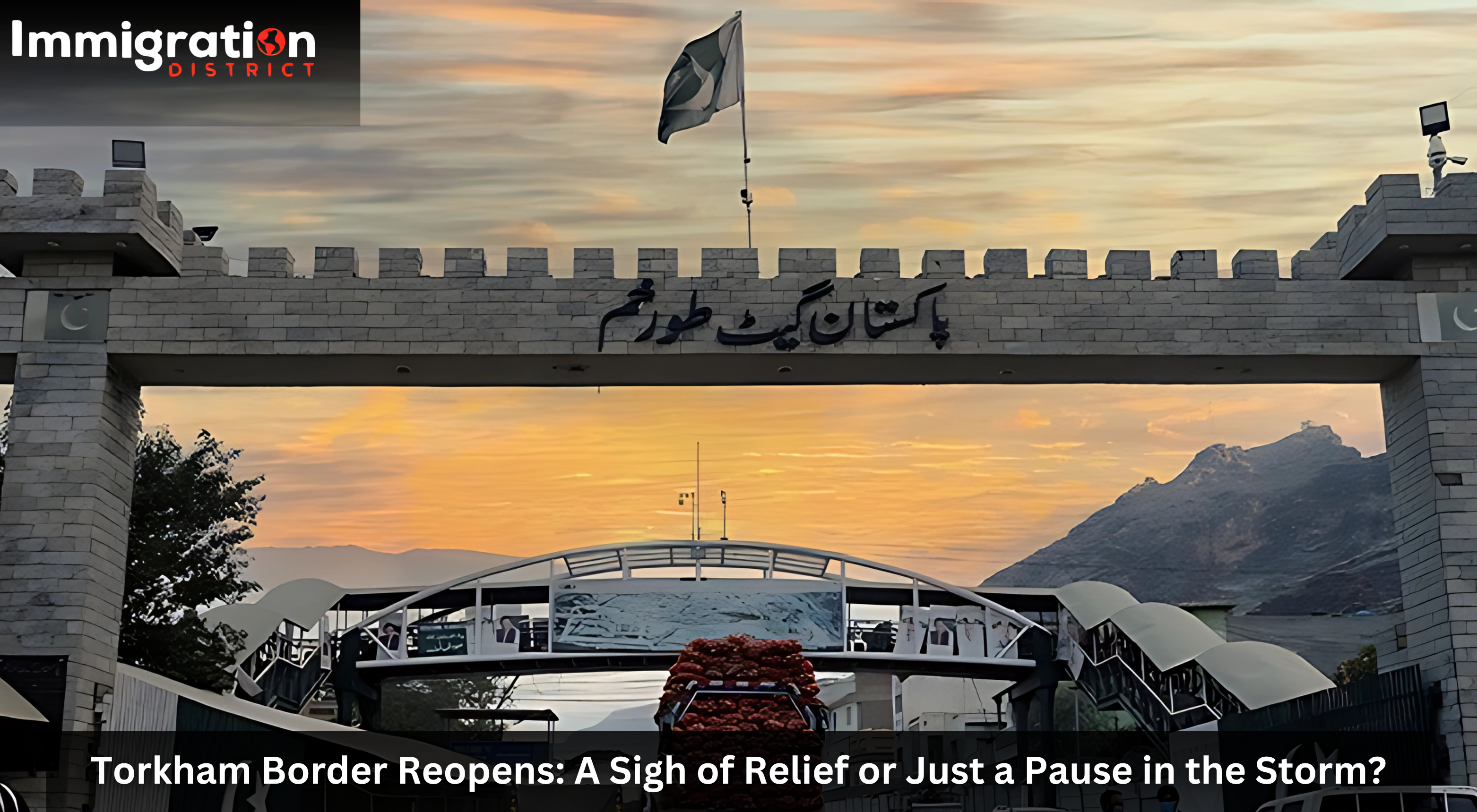
After weeks of silence, the Torkham border crossing – a place many simply call a lifeline – creaked back open on March 19, 2025. For those of us watching from afar, it might seem like a minor event. But for the families and businesses straddling Pakistan and Afghanistan, it’s everything. This isn’t just about trade routes and official agreements; it’s about survival, about keeping food on the table, and about the hope that things might finally get a little easier.
Torkham is more than just a border; it’s the main artery connecting Pakistan and Afghanistan. Day in and day out, it keeps trade flowing. Millions of dollars and countless lives depend on it. So, when it slammed shut for nearly a month, it was like someone put a stranglehold on the region’s economy.
Imagine trucks piled high with fruits and vegetables, slowly rotting under the sun. Think about the small shop owners in Kabul, waiting for supplies that never arrive. The closure didn’t just disrupt trade; it disrupted lives, fueling an already difficult humanitarian crisis.
Ziaul Haq Sarhadi, a name you often hear when talking about Pak-Afghan commerce, summed it up well: “Disruptions hurt everyone.” It’s a simple truth and one that hits home when you picture the faces behind those businesses and families.
Here’s the thing about Torkham: it’s not just a crossing point; it’s a pressure point. It’s been closed so many times that you almost lose count. This time, the spat was over a new border post. Accusations flew, tensions flared, and before you knew it, the crossing was sealed off again.
It’s a frustrating cycle. You hear officials on both sides talking about security concerns and agreements, but what about the people caught in the middle? The farmers, the traders, the families who just want to make a living. They’re the ones who pay the price when these disputes erupt.
You can almost feel the weight of history at Torkham. It’s a border that has seen conflict, mistrust, and missed opportunities. And yet, it remains vital for both nations.
Let’s be real; Torkham is a pawn in a bigger game. Pakistan sees it as a crucial line of defense against militant groups. They want control. Afghanistan, understandably, wants to protect its sovereignty. Caught in the middle are the ordinary people who have to navigate this complex political landscape just to earn a living.
The rise of the Taliban has only complicated things further. Pakistan walks on a tightrope, trying to balance security with diplomacy. It’s a delicate act, and one wrong step could have serious consequences.
Everyone seems to agree on one thing: trade and politics need to be separated. Business leaders are practically begging Islamabad and Kabul to find a way to cooperate, to prioritize the economy over disagreements.
What if Afghan traders invested more in Pakistan, and vice versa? What if the border crossing was streamlined, making it easier for goods to flow? It’s not a pipe dream; it’s a real possibility. But it requires trust, a willingness to compromise, and a commitment to putting people first.
The reopening of Torkham is a good sign, but it’s not a solution. The real work starts now. Can Pakistan and Afghanistan build a lasting peace and a stable trade relationship? Can they create a border that unites rather than divides?
As the trucks roll across Torkham once more, there’s a collective holding of breath. Will this be a new beginning, a chance to build a better future? Or just a brief pause before the next storm? The answer, it seems, depends on whether leaders are willing to put aside their differences and focus on the people whose lives hang in the balance.
Torkham is more than just a line on a map, it’s a symbol of the complex relationship between Pakistan and Afghanistan. Its future will shape the region for years to come, and it’s up to everyone involved to ensure that it becomes a bridge to prosperity, not a battleground for politics.